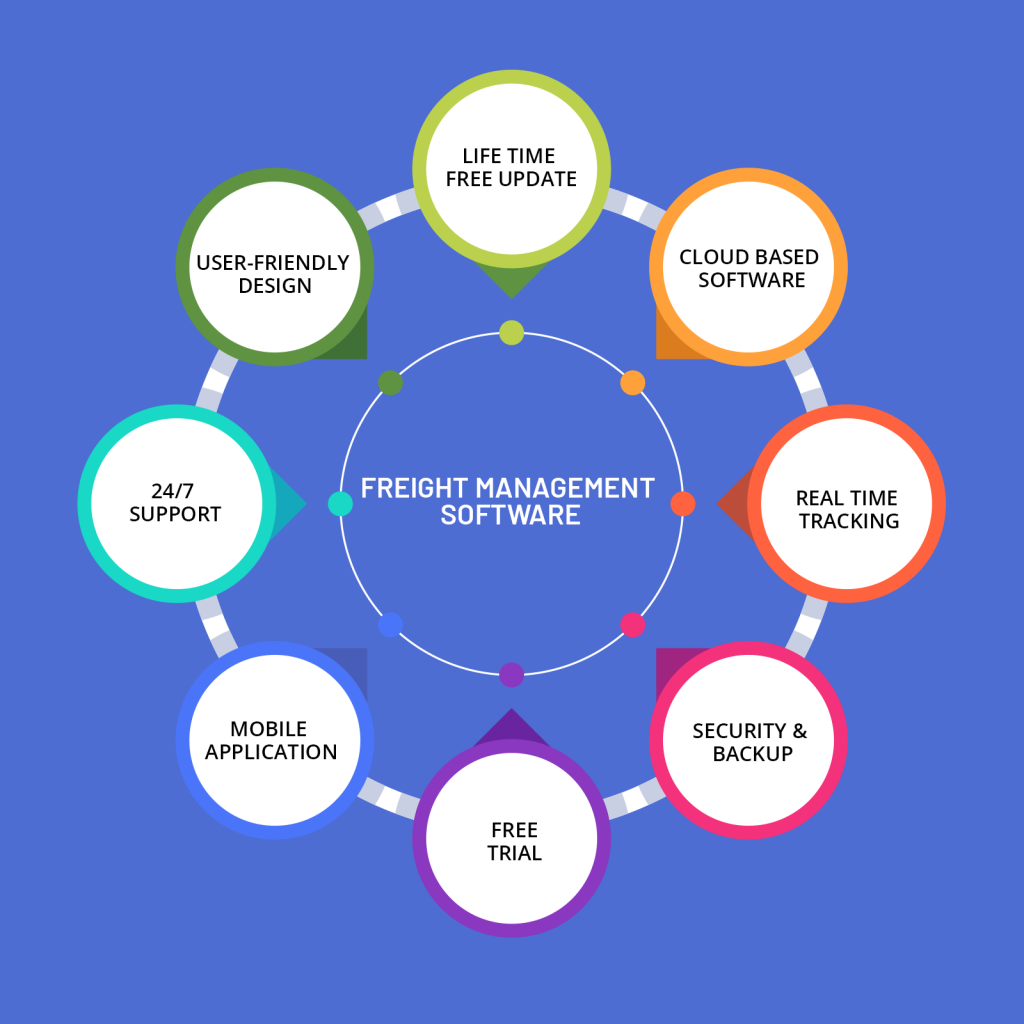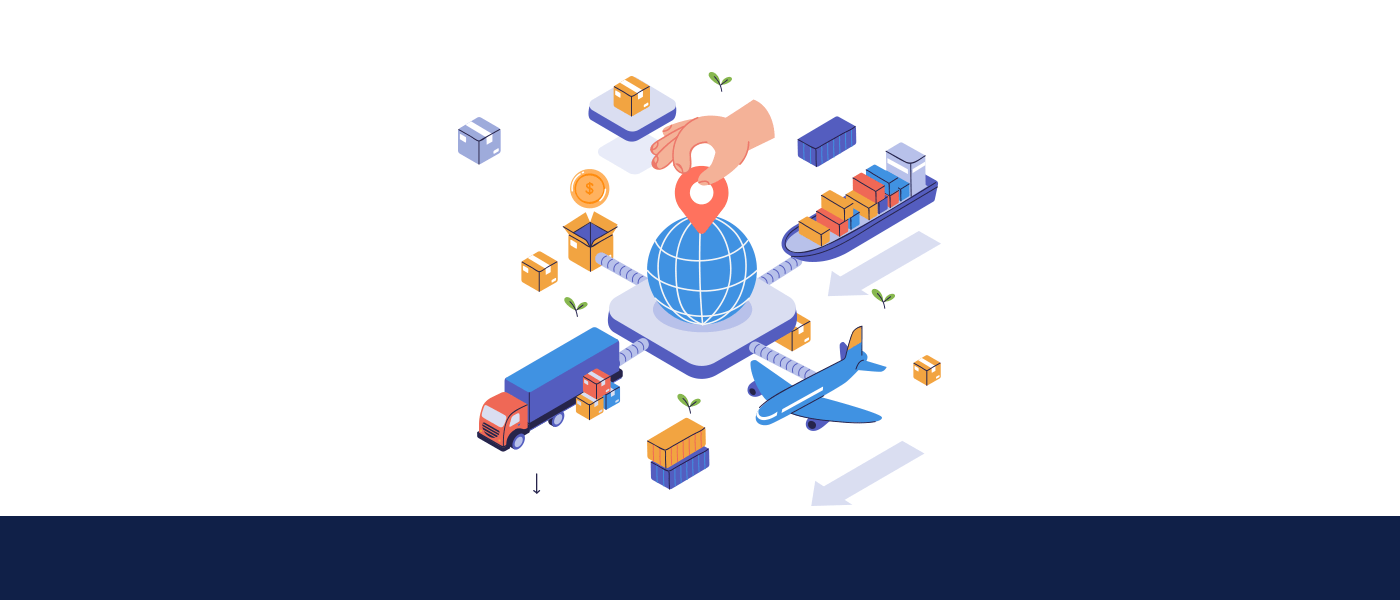The Role Of Logistics Management Software In Supply Chain Management
As supply chain management becomes increasingly complex, it is more important than ever for businesses to have a reliable and efficient way to manage their operations. Enter logistics management software – the perfect tool for streamlining processes and ensuring that goods flow smoothly from one point to another. This post explores how logistics management software can help any business stay on top of its supply chain operations.
Introduction
In many cases, logistics management software is the backbone of an effective supply chain management system. By automating critical tasks and providing real-time visibility into inventory levels, shipping status, and more, logistics management software can help businesses keep their supply chains running smoothly.
There are several different types of logistics management software on the market, each with unique features and capabilities. To choose the right software for your business, it’s essential to understand your supply chain management and operations-specific needs and compare different solutions to see which one best meets them.
What Is Logistics Management Software?
The role of logistics management software in supply chain management is to provide a platform for managing the transportation of goods and materials. This includes tracking inventory levels, coordinating shipments, and routing deliveries. The software also helps to optimize resources and plan for disruptions.
Benefits Of Logistics Management Software
In any business, large or small, logistics management is a critical component to ensure the smooth flow of operations. This includes coordinating and managing transportation, warehousing, and other aspects of the supply chain. In the past, this was done manually by a team of employees working in each department. However, this process has become much simpler and more efficient with the advent of logistics management software.
Many benefits come with using logistics management software in your business. The most obvious benefit is the reduction in labor costs. With all aspects of the supply chain being managed by software, you no longer need to have a team of employees dedicated to this task. Additionally, supply chain management logistics software can help you optimize transportation and warehousing operations to save on costs.
Logistics management software can improve customer satisfaction by ensuring that orders are fulfilled on time and hassle-free. This is because the software can provide visibility into all aspects of the supply chain, allowing for proactive problem-solving when issues arise. As a result, customers will receive their orders when they expect them.

How Does LMS Enhance Supply Chain Management?
LMS is designed to streamline and optimize the logistics and supply chain management process. By automating many of the tasks associated with these processes, LMS can help your organization improve efficiencies, reduce costs, and improve customer satisfaction. In addition, LMS can provide valuable insights into your supply chain that can help you identify areas for improvement.
Tips For Successful Implementation Of LMS
1. Define your goals and objectives: Before implementing an LMS, it is essential to define your organization’s specific goals and objectives for using the software. Doing so will help you select the right system and ensure it is appropriately configured to meet your needs.
2. Select the right system: There are several logistics management software solutions on the market, so selecting the one that best meets your organization’s needs is crucial. Be sure to consider cost, functionality, scalability, and support factors when making your decision.
3. Properly configure the system: Once you have selected an LMS, it is important to configure it properly to ensure that it meets your organization’s specific needs. This includes setting up user accounts, Course content areas, learning paths, and other features as needed.
4. Train users on how to use the system: To ensure the successful adoption of the LMS, it is vital to train all users on how to use the system. This can be done through online tutorials, in-person training sessions, or a combination.
5. Monitor usage and effectiveness: Once the LMS is up and running, it is essential to monitor its use and effectiveness to ensure that it meets your organization’s needs. This can be done by tracking metrics such as course completion rates and user time spent in the system.
Conclusion
Logistics management software is an invaluable tool for businesses of all sizes who are looking to optimize their supply chain operations. It provides a comprehensive, data-driven platform that can be used to track and manage inventory, monitor shipments, and streamline the overall flow of goods from origin to destination. By leveraging the power of (Bridge LCS) logistics management software, businesses can increase efficiency and reduce costs while ensuring customers receive their orders on time. Ultimately, this results in better customer service and higher profits for everyone involved in the supply chain.

